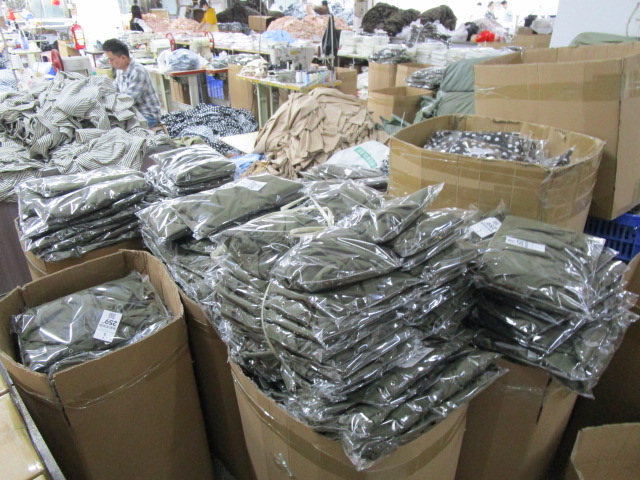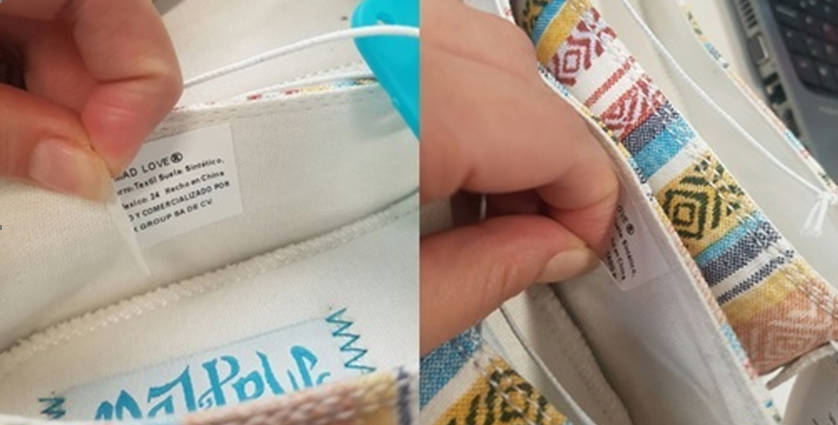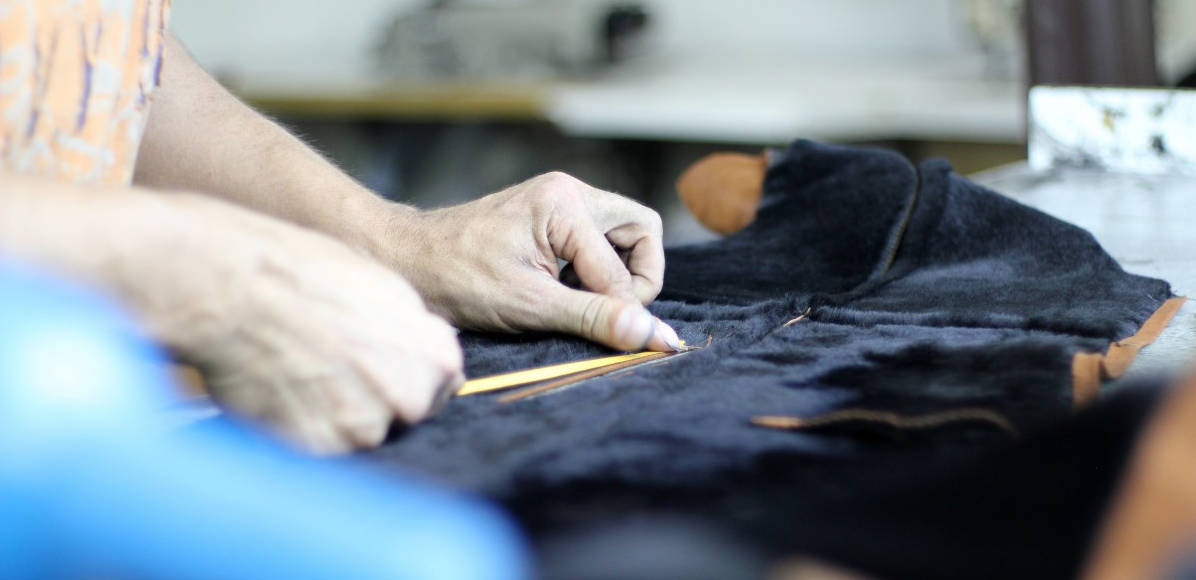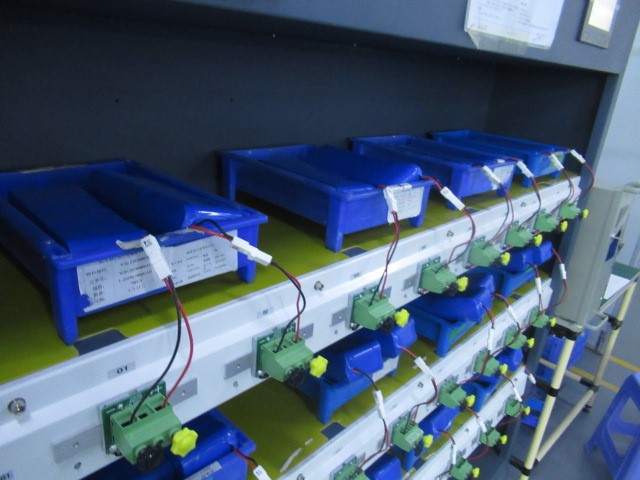
NBNQC, a leading inspection service provider in China, specializes in offering quality inspection services for water meters to global clients. This article aims to provide a detailed understanding of the classification of large-caliber water meters and the inspection methods employed by NBNQC.
Contents
Classification of Large-Caliber Water Meters:
1.Turbine Water Meters:
Turbine water meters are commonly used for large-caliber applications. These meters utilize a turbine rotor that spins as water flows through it. The rotational speed is proportional to the water flow rate, allowing for accurate measurement. Turbine water meters are categorized based on their construction material, such as cast iron, stainless steel, or bronze, and the size of the meter, typically ranging from 50mm to 1000mm.
2.Electromagnetic Water Meters:
Electromagnetic water meters operate on the principle of electromagnetic induction. They consist of a magnetic field generator and electrodes that detect the induced voltage when water flows through the magnetic field. This voltage is proportional to the water velocity, allowing for accurate flow measurement. These meters are classified based on their size, ranging from 50mm to 3000mm, and the material of construction, including ductile iron, stainless steel, or composite materials.
3.Ultrasonic Water Meters:
Ultrasonic water meters utilize ultrasonic waves to measure the flow rate. They emit ultrasonic signals through the water and measure the time taken for the signals to travel in both upstream and downstream directions. By comparing these times, the flow rate can be accurately determined. Large-caliber ultrasonic water meters are classified based on size, material, and installation type, which includes flanged or wafer-style meters.
Inspection Methods for Large-Caliber Water Meters:
1.Visual Inspection:
Visual inspection involves a thorough examination of the water meter’s external components, including the meter body, connections, and joints. Inspectors at NBNQC meticulously assess the meter’s overall condition, checking for any signs of damage, leaks, or corrosion. This inspection step ensures that the water meter is structurally sound and meets the necessary quality standards.
2.Accuracy and Performance Testing:
To evaluate the accuracy and performance of large-caliber water meters, NBNQC employs precision testing equipment. Water flow rates at various levels are measured using a calibrated master meter, and the readings from the water meter under inspection are compared. Any discrepancies between the two measurements are carefully analyzed to identify potential issues, such as meter drift, misalignment, or calibration errors.
3.Pressure and Leakage Testing:
Pressure and leakage testing is conducted to assess the meter’s ability to withstand water pressure and prevent any leakage. The water meter is subjected to varying pressure levels to simulate real-world conditions. Inspectors closely monitor for leaks or abnormal pressure fluctuations. This testing ensures that the water meter’s design and construction meet the required durability and reliability standards.
4.Material Verification and Chemical Analysis:
To verify the material quality of large-caliber water meters, NBNQC utilizes non-destructive testing techniques. Ultrasonic testing, X-ray inspection, or magnetic particle testing are employed to detect any material defects or inconsistencies. Additionally, chemical analysis is performed to ensure the materials used in the water meter construction comply with relevant industry standards and regulations.
Conclusion:
NBNQC provides comprehensive quality inspection services for large-caliber water meters, enabling global clients to ensure accurate and reliable water flow measurement. By understanding the classification of large-caliber water meters and employing rigorous inspection methods, such as visual inspection, accuracy testing, pressure and leakage testing, and material verification, NBNQC ensures that the water meters meet the highest quality standards. Through their expertise and commitment to excellence, NBNQC continues to be a trusted partner in quality control for large-caliber water meter inspections.




